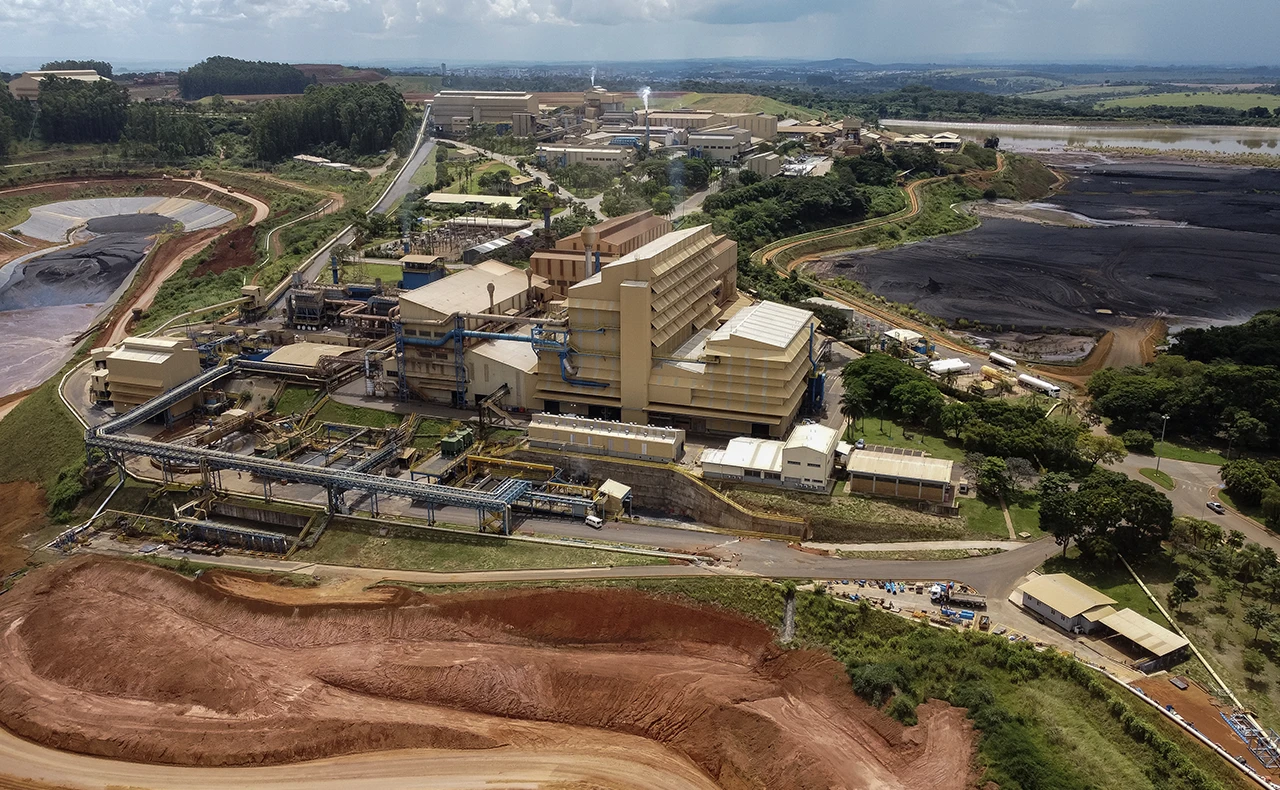
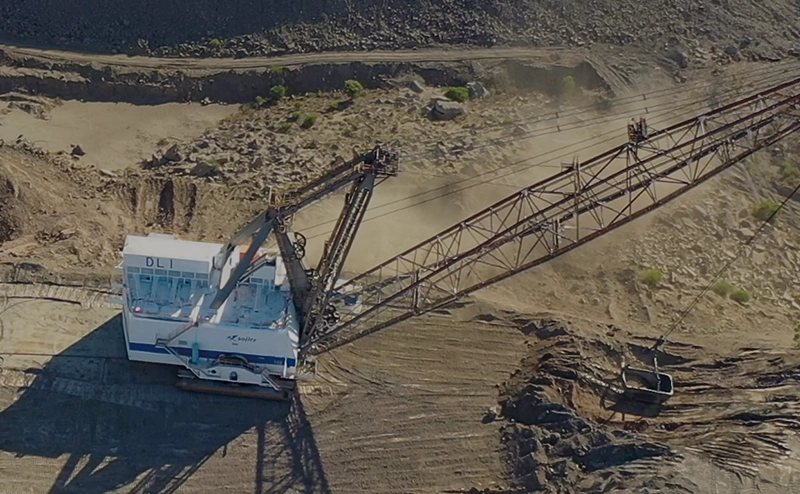
Metals, Mineral Resources & Recycling Division
In addition to upstream investment and trading in metal resources and ferrous materials, the Metals, Mineral Resources & Recycling Division is engaged in recycling and business development in other circular economy fields to build a specialized supply chain that provides new value to society.
Division Strategy

We see change as a business opportunity. Specifically, there are opportunities in the shift towards circular economies, decarbonization, and other methods to address society’s needs as well as in the strategies to address geopolitical risks. We will transform our business portfolio to prioritize contributions for realizing a sustainable society.
Osamu Matsuura
Executive Officer, COO
Metals, Mineral Resources & Recycling Division
In recent years, we have seen rising demand for circular economies, decarbonization, and other solutions to address the needs of society. Major issues have surfaced with the emergence of geopolitical risks including the need to transform supply chains. We aim to transform our business models by strengthening our business foundation in resource recycling fields and by improving supply chains in existing businesses through digitalization and decarbonization. We are engaged in new value creation that strengthens market resilience and meets society’s needs to build a more stable resource supply system. Specifically, the division is focused on the following key initiatives.
- Coal business: The company’s strategic growth investments require cash-producing businesses like the coal business, and we will continue to raise cost competitiveness to strengthen market resilience. In anticipation of a decarbonized society, we will continue to monitor global innovations in steelmaking technology, identify opportunities for new business creation, and conduct asset replacement as needed for coking coal interests.
- Circular economy business: In North America, we are accelerating our efforts to add value in the electronic device recycling business and scale the business further.
- Decarbonization and geopolitical risk reduction-related business: Carbon Xtract Corporation was established with the aim of conducting R&D and mass production of direct air capture (DAC)*1 technology. Through Carbon Xtract, we are exploring applications such as greenhouse horticulture*2 to pursue new value creation. In addition, diverse procurement networks must be secured for development of hydrofluoric acid production, which is essential for semiconductor manufacturing.
- Metal resource business: To ensure a stable supply of specialty resources over the long-term, we are working to improve cost competitiveness for existing resource interests while simultaneously acquiring new interests that will stabilize the supply chain in response to changes in society and evolving needs.
Haste makes waste. As a division, we will continue to advance projects with clear objectives in line with our division’s strategies.
*1 DAC: Direct air capture (DAC) technologies for directly capturing carbon dioxide emissions from the atmosphere.
*2 Greenhouse horticulture: Greenhouses used for growing crops that are made using glass or plastic film coverings to increase light permeability.
Strengths of the Division
-
Sole general trading company with expertise in coal mine operations
Utilization of expertise acquired through our Australian coal mine operations to increase cost competitiveness
-
Stable earnings from businesses such as those of steel-based general trading company Metal One and niobium business CBMM
Stable increases in earnings from expanding businesses in growing markets and capturing new demand
-
Distinctive, rare resource offerings
Lineup of distinctive resource offerings including niobium*3 , chromium, and other rare metals as well as minerals like vermiculite and fluorspar, flexible and reliable supply chains, and development capabilities extending to anode materials and other new materials with significant future potential
*3 An additive used in the production of high-tensile and stainless steel for its ability to contribute to increased strength while reducing weight in materials for automotive applications
Global Operations
Business Map
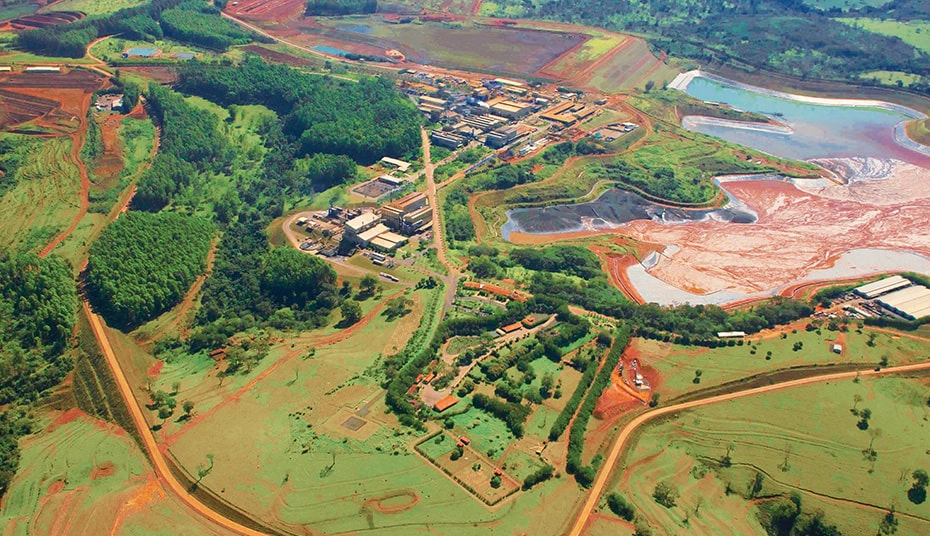
Niobium Business: CBMM (Brazil)
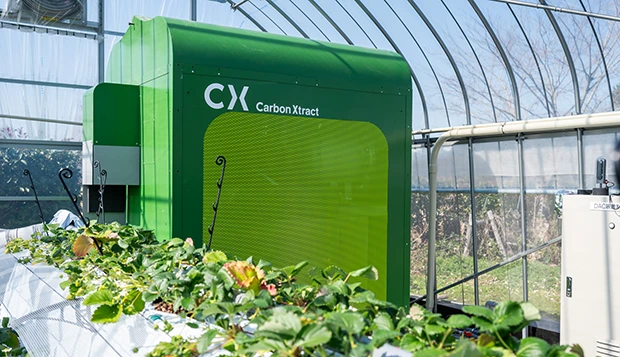
DAC Devices
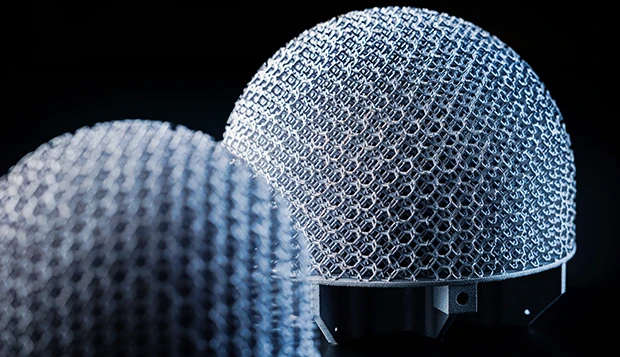
Products formed using 3D metal printer :JAMPT Corporation(Japan)
Business Overview
■ Coking Coal and Steel Products Business
In order to achieve sustainable growth and address rising global environmental awareness, the Metals, Mineral Resources & Recycling Division is quickly withdrawing from thermal coal businesses. At the same time, we are leveraging our know-how acquired as the sole general trading company engaged in coal mine operation management to ensure stable production and pursue cost reductions at the Gregory Crinum coal mine, Sojitz’s flagship coking coal mine in Australia.
Making use of the mine’s existing infrastructure, and our accumulated expertise as the sole general trading company with experience operating its own mine, we will venture into contract mining in surrounding mines. Meanwhile, in the steel products business of Metal One Corporation, which Sojitz founded together with Mitsubishi Corporation, we are pursuing synergies while collaborating and providing support.
■ Metal Resource Business
We aim to secure upstream resources with market resilience and cost competitiveness to provide a stable supply of raw materials that meet the shared needs of our global society, including the shift towards decarbonization and greater electrification.
Sojitz invests in major niobium producer CBMM, and global demand for niobium is anticipated to steadily increase, particularly as an additive in automotive production to reduce vehicle weight. Sojitz is working to expand the niobium business in India’s growing market and to neighboring countries based on long-standing trust and partnerships, while simultaneously developing new applications for downstream products like NTO batteries,*4 which offer ultra-fast charging capabilities and long lifespans.
Additionally, Sojitz has joined Canada’s Kamistiatusset Project (“Kami Project”) and established a partnership together with iron ore producer Champion Iron Limited and Nippon Steel Corporation with a basic agreement to pursue feasibility studies for development of direct reduction quality iron ore. The iron ore mine is anticipated to produce quality iron ore that is indispensable for steel production, which can drastically reduce CO2 emissions through processing with the electric arc furnace method. Through the Kami Project, Sojitz will contribute to the realization of a decarbonized society.
*4: NTO batteries: A next-generation lithium-ion battery that uses niobium titanium oxide (NTO) in the anode.
■ Circular Economy Business
Sojitz is growing circular economy businesses that promote the reuse and recycling of resources to address the changing needs of society such as the shift towards decarbonization and resource recycling. To expand these reuse and recycling businesses, we are building the foundations for a circular, recycling-based business model. Specifically, in North America and Japan, we are combining functions such as collection, sorting, and comminution while leveraging digitalization to increase operational efficiency and create a business model unique to Sojitz. In Japan, we have made an investment in IT asset disposition company TES-AMM JAPAN K.K. In North America, we have acquired equity interest in and participate in the management of eCycle Solutions Inc., a recycling business based in Canada handling household appliances and electronic devices. Using this industry knowledge, we have also launched Hi-Kii, Japan’s first*5 quoting platform for companies’ IT asset disposition, in order to address recognized industry issues faced by user companies. In such circular economy businesses for recycling metal and other waste, we aim to develop businesses of scale.
*5: Sojitz study (as of May 14, 2025) .
■ Business that Responds to Social Needs
To realize a decarbonized society, we are focusing on effective solutions such as direct air capture (DAC) technology, which allows CO2 to be directly captured from the atmosphere. In 2022, Sojitz partnered with Kyushu University, the developer of m-DAC®, a direct air capture (DAC) technology based on nanomembrane separation. In 2023, Sojitz established Carbon Xtract Corporation with the aim of accelerating social implementation of related technology. m-DAC® technology includes the following features:
- Small-scale modules can be installed at a variety of sites across a range of scales as m-DAC® devices reduce required installation space compared to previous large-scale DAC plant technology.
- Technology can be operated with reduced energy consumption.
This technology can regulate CO2 concentrations in greenhouses to accelerate crop growth. Applications also extend to building ventilation systems. Sojitz is collaborating with diverse stakeholders to make DAC technology widespread, and Carbon Xtract aims to become a leading company in the small-scale and distributed DAC market.
Organization
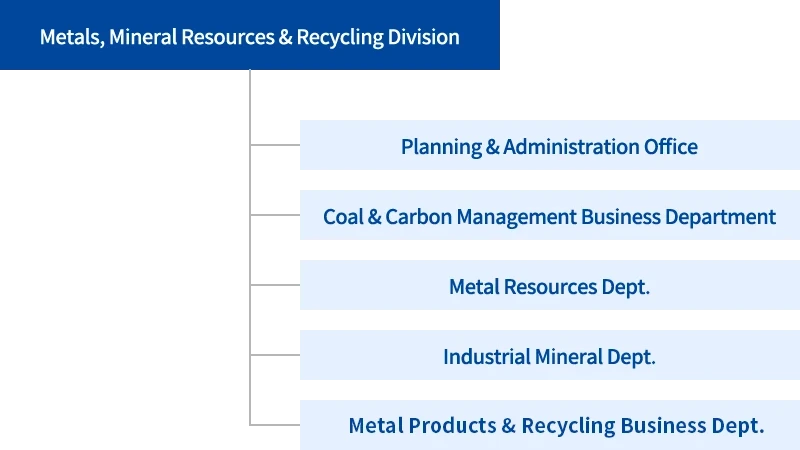
Latest Information
-
Aug. 4, 2025
News Release
Sojitz Begins Joint Development Study for Gallium Production in Australia
-
May 14, 2025
News Release
Sojitz Launches Hi-Kii Quoting Platform for Companies’ IT Asset Disposition
-
Dec. 19, 2024
News Release
Sojitz Signs Agreement to Join Kami Iron Ore Project in Canada
-
Oct. 17, 2024
Topics
Installation of m-DAC® Technology in Tokyo to Capture and Utilize Carbon Dioxide from the Atmosphere
-
Aug. 1, 2024
News Release
Sojitz Contributes Funding to Start-up Developing Next-generation Shipbreaking Technology




